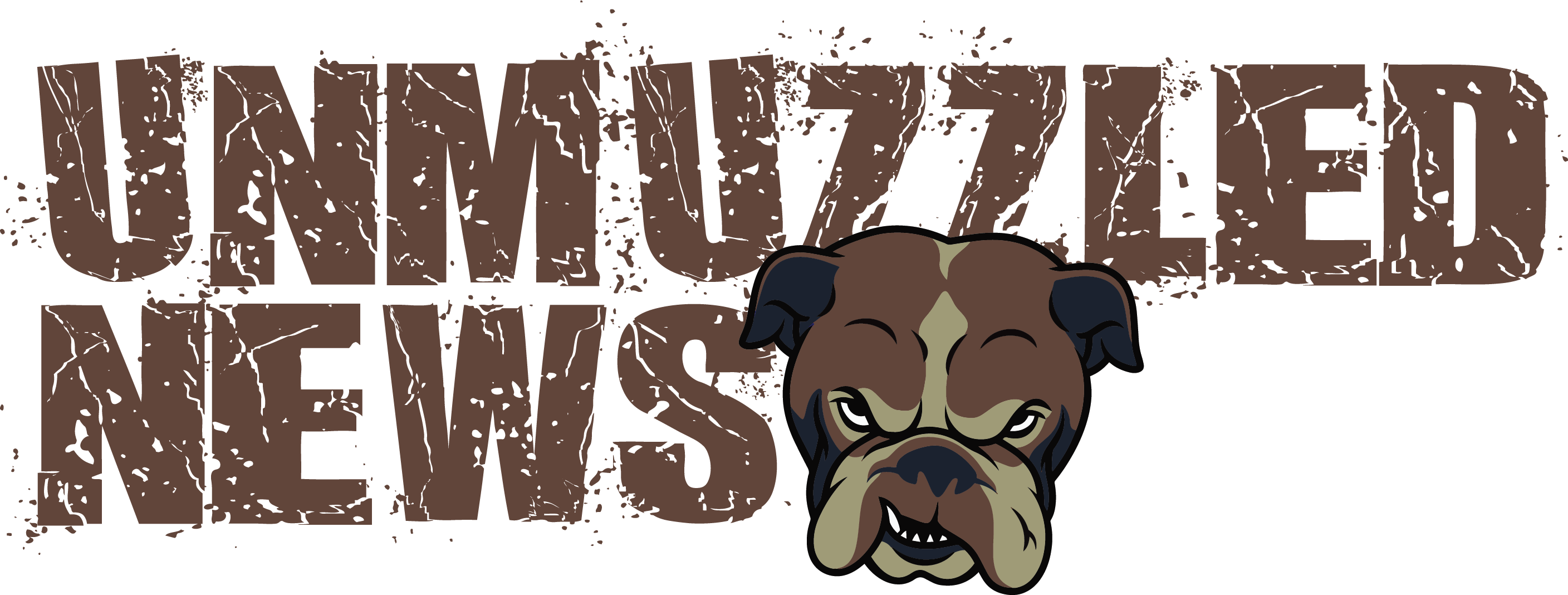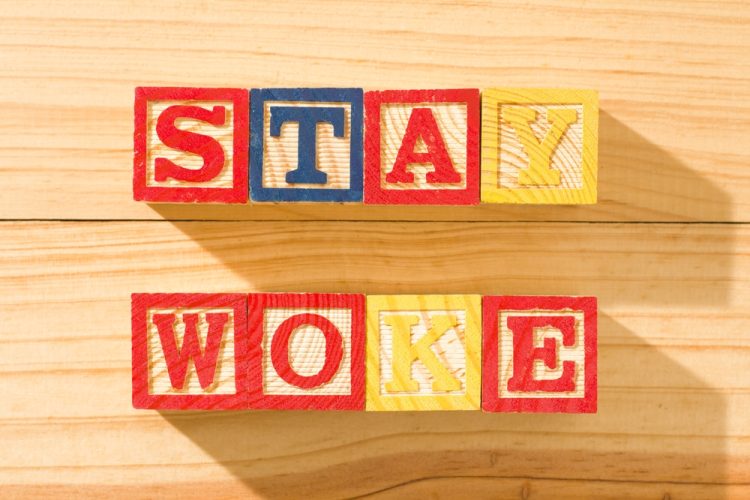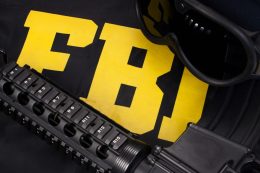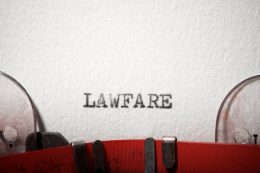Cracker Barrel executives thought they could pull a fast one on their customers.
The company’s new logo removal seemed like a simple design update on the surface.
But a longtime Cracker Barrel employee exposed one truth about the logo change management wanted hidden.
Former employee blows the whistle on Cracker Barrel’s cultural transformation
Erik Russell isn’t your typical corporate critic.
He worked at Cracker Barrel for nearly a decade – from high school through college – and knows the company better than most executives sitting in boardrooms.
When Cracker Barrel unveiled its new text-only logo that removed “Uncle Herschel,” Russell saw right through the company’s spin.
“I think a lot of people just see Cracker Barrel as just another company,” Russell told FOX Business. “But, to me, the company was and is much more than that, you know, based on the values that the company represents to me.”¹
Russell went viral on X after calling the rebrand “brand suicide” – and he had the insider knowledge to back up his claims.²
His post struck a nerve because Russell could explain what regular customers were feeling but couldn’t quite put into words.
The real story behind Cracker Barrel’s woke transformation
Russell revealed that the logo change was just the tip of the iceberg.
The company has been systematically abandoning the traditional values that built its brand for decades.
Russell explained the changes he saw internally and how the company moved away from representing “a more traditional time in America.”³
Here’s what Russell witnessed from the inside.
Cracker Barrel used to have strict employee dress codes that required certain haircuts and trimmed facial hair.
The restaurant chain relaxed those standards as part of its cultural shift.
More telling was Cracker Barrel’s decision to start serving alcohol in mid-2020.
Russell said this change “really spelled the beginning of the end for that era of Cracker Barrel culture.”⁴
Russell explained that while he attended Bob Jones University, Cracker Barrel was an ideal workplace because the school prohibited students from working at places that served alcohol.
The restaurant chain fit perfectly with traditional values.
Not anymore.
Russell connects the dots that executives hoped customers would miss
As a brand designer, Russell understands that logos aren’t just pretty pictures.
“There is no such thing as ‘just a logo,'” Russell stated. “What makes a logo meaningful and what makes branding meaningful is the connection that that represents to your customers.”⁵
Uncle Herschel’s removal wasn’t some random design choice.
This was calculated – a signal to certain demographics that Cracker Barrel was shedding its traditional image.
Russell said the symbolism “requires a lot of reading between the lines,” but those who “know what to look for” will see it.⁶
He’s talking about the systematic erasure of traditional American imagery from corporate branding.
Companies like Cracker Barrel built their success by appealing to customers who appreciate traditional values, family atmosphere, and old-fashioned hospitality.
Now they’re abandoning those customers in favor of appealing to urban demographics who probably never ate at Cracker Barrel in the first place.
CEO tries to spin away the disaster as customers vote with their wallets
Cracker Barrel CEO Julie Felss Masino tried to downplay the backlash during an interview with Good Morning America.
She claimed the feedback was “overwhelmingly positive” and that managers at several locations were asking for remodels because “the feedback and the buzz is so good, not only from our customers, but from our team members.”³
Try telling that to the shareholders.
After the new logo was released, Cracker Barrel experienced its worst losing streak in months as shares tumbled more than 12% – the steepest drop since April – before ending the session down more than 7%.
The stock decline wiped out over $90 million in market value as investors recognized the customer backlash wasn’t just noise.⁴
When longtime customers feel betrayed enough to tank your stock price, claiming “overwhelmingly positive” feedback just makes you look delusional.
What this means for the broader corporate war on traditional values
Russell’s insider account proves what conservatives have suspected for years.
These corporate rebrands aren’t happening in isolation – they’re part of a coordinated effort to erase traditional American culture from the business world.
Think about it. How many beloved American brands have undergone similar “modernization” efforts in recent years?
The pattern is always the same: remove traditional imagery, abandon long-time customers, and pretend the backlash is just a vocal minority.
Russell’s experience shows how these changes happen gradually from within.
First, they relax dress codes and employee standards.
Then they add alcohol and change policies that attracted traditional families.
Finally, they rebrand to signal their new woke values to the world.
Companies like Cracker Barrel built their success by understanding what Middle America values.
“Rules don’t necessarily have any magic to them, but I think when you add all of those things together, along with the attitudes inside the store, the way the manager enforced the code of conduct, I think you get a picture of a place that understood family values, understood traditional values, attracted a certain type of clientele, attracted a certain kind of employee,” Russell explained.⁵
They thought they could abandon the loyal customers who helped build the chain.
Cracker Barrel reversed course and kept the old logo after public outrage.
The real victory here isn’t just saving Uncle Herschel from the corporate shredder.
It’s proof that when customers unite and vote with their wallets, even woke corporate executives will back down.
Russell continues to eat at Cracker Barrel despite his criticism – he visited the restaurant the same day he spoke with FOX Business.
But now he represents exactly the kind of loyal customer Cracker Barrel realized they couldn’t afford to lose.
Look, when your own employees start going viral criticizing your decisions, and your stock price tanks, and you’re forced into an embarrassing public reversal – maybe it’s time to listen to your actual customers instead of whatever consultants told you to ditch Uncle Herschel.
Russell’s post went viral because he said what customers were thinking but couldn’t articulate – that their favorite restaurant was trying to abandon them for some mythical new demographic. The good news?
Customer revolt worked this time. Here’s the thing Russell understands that the suits in corporate are finally learning: you can’t just flip a switch and change what made people love your brand for 50 years. Uncle Herschel is staying right where he belongs.
¹ Rachel Wolf, “New Cracker Barrel logo sparks backlash as ex-longtime worker says it erodes nostalgia,” FOX Business, August 25, 2025.
² Ibid.
³ Ibid.
⁴ Ibid.
⁵ Ibid.
















